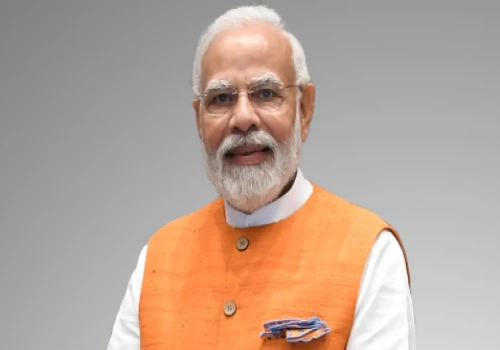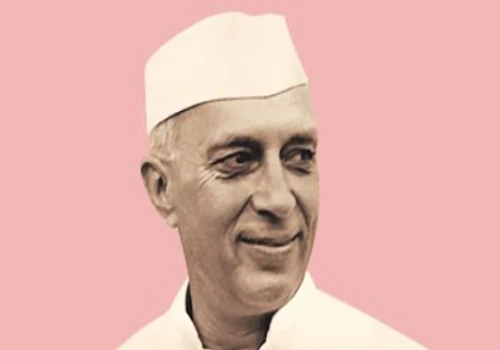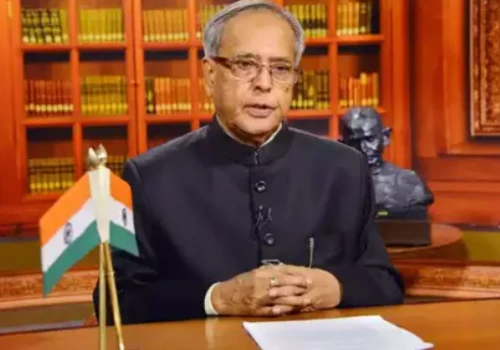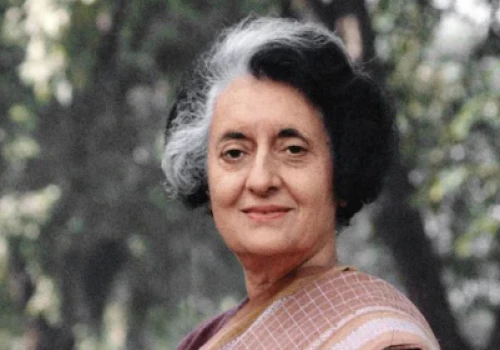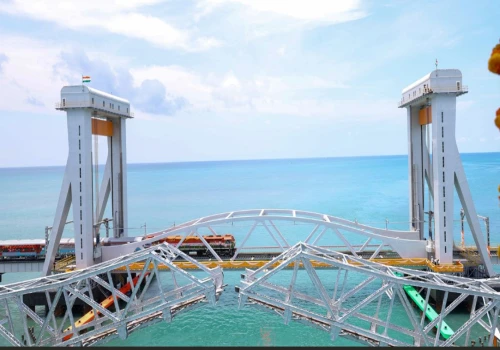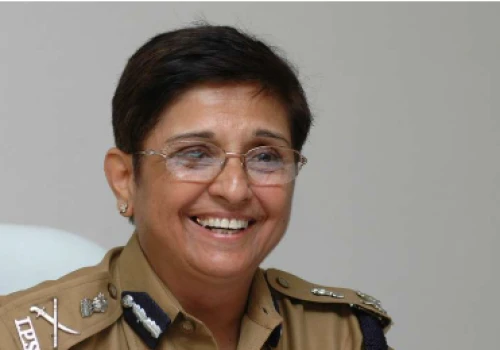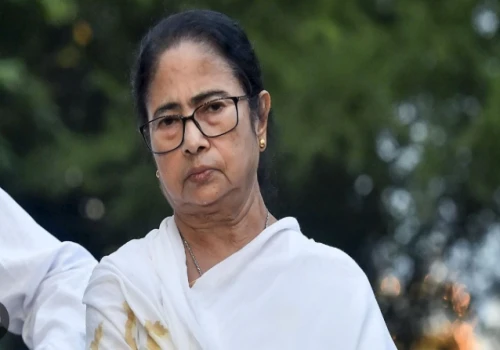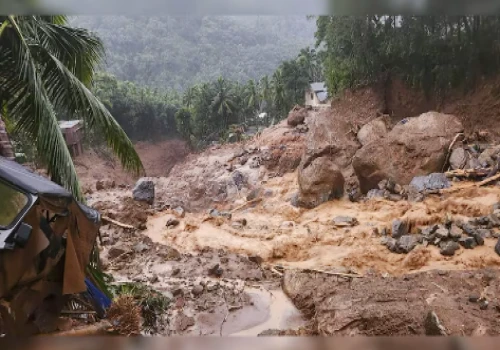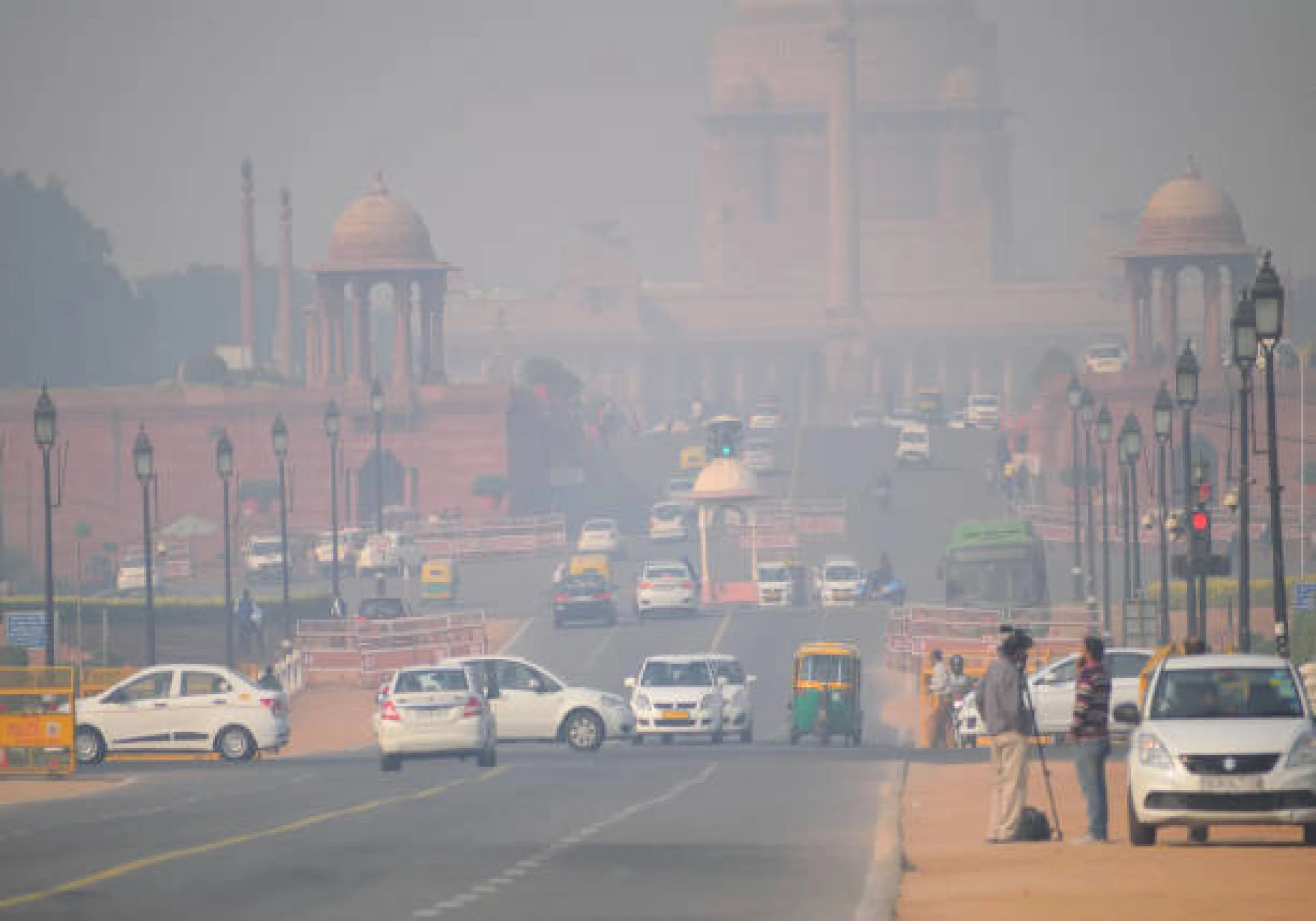
Delhi’s air quality has once again reached hazardous levels, with the Air Quality Index (AQI) entering the ‘severe plus’ category, sparking urgent health warnings and drastic measures across the capital. Schools have been ordered to shift to online classes, as residents grapple with smog-filled mornings and mounting respiratory issues.
The national capital's AQI reached 457 on Sunday night, prompting the announcement of emergency measures. As recommended by the Centre for Air Quality Management (CAQM), the new measures include closing schools, banning diesel trucks in Delhi, and encouraging remote work.
An AQI between 0 and 50 is considered "good", 51 and 100 "satisfactory," 101 and 200 "moderate", 201 and 300 "poor", 301 and 400 "very poor", 401 and 450 "severe" and above 450 "severe plus".
In reaction to the deteriorating air quality, the CAQM put into effect a strict eight-point action plan designed to stop the pollution from getting worse and safeguard the public's health. The restrictions are anticipated to stay in effect until the air quality improves and will be implemented throughout the National Capital Region (NCR).
As a precautionary measure, the Delhi government has directed all schools to transition to online learning until the air quality improves. “The health of our children is our top priority. We cannot expose them to this toxic environment,” stated a senior education department official.
Parents and teachers have expressed relief at the decision, though challenges remain in ensuring effective online learning for all students, especially those from underprivileged backgrounds.
Non-necessary trucks would not be allowed to enter Delhi at all; the only exclusions will be for trucks transporting necessities, critical services, or vehicles powered by BS-VI diesel engines, LNG, CNG, or electricity. With exceptions for individuals engaged in critical services, LCVs registered outside of Delhi would likewise not be allowed entry into the city unless they are electric, CNG, or BS-VI diesel cars.
Despite ongoing measures like banning construction activities, implementing odd-even vehicle schemes, and restricting the entry of trucks into the city, the pollution levels show no significant improvement. The Delhi government has also announced plans to intensify the use of anti-smog guns, water sprinklers, and air purifiers in public spaces.
Meanwhile, stubble burning in neighboring states like Punjab and Haryana continues to contribute heavily to the crisis. Union Environment Minister Bhupender Yadav has called for stricter enforcement of crop residue management policies, but implementation remains inconsistent.
As Delhiites brace for yet another winter dominated by toxic air, frustration mounts over the lack of sustainable solutions. Environmental activists are calling for greater investment in green infrastructure, stricter regulation of industrial emissions, and long-term collaborations between states to tackle the issue at its source.


